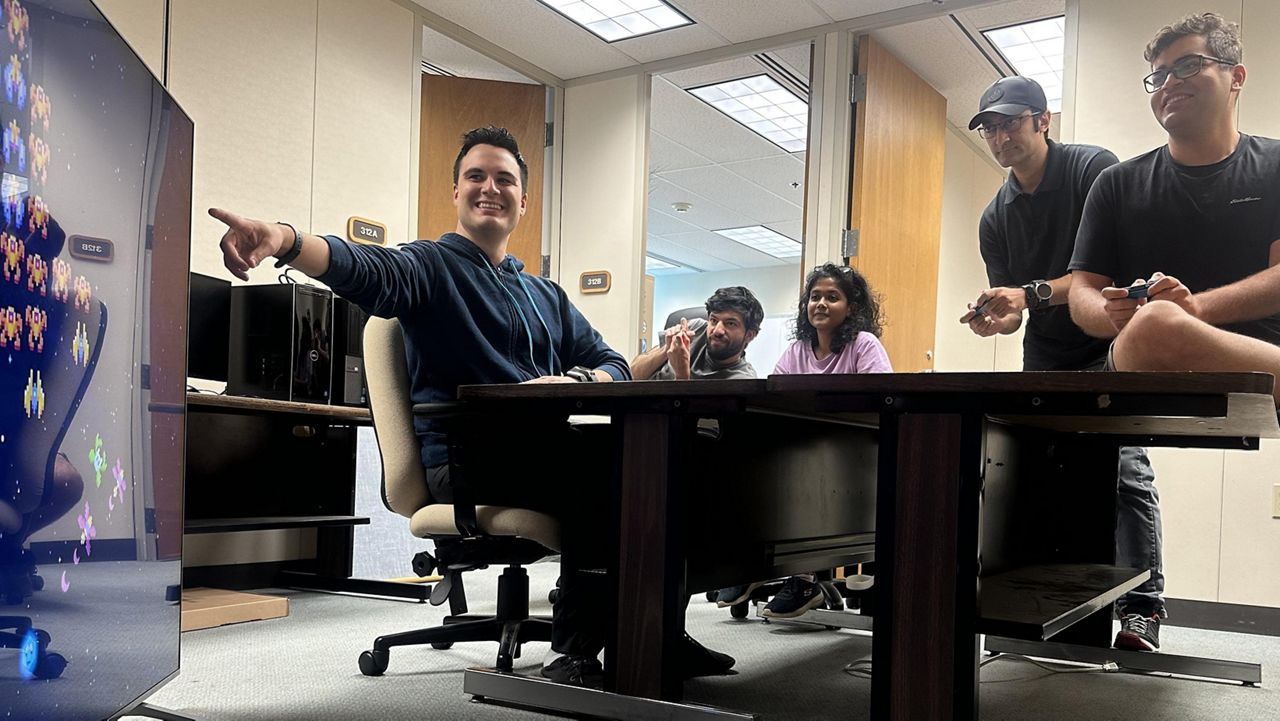The National Institutes of Health is funding a new University of Hawaii at Manoa project that aims to use artificial intelligence to diagnose mental health conditions and developmental delays, according to a news release.
Assistant professor Peter Washington, with the information and computer sciences department, hopes his project will create tools to help people by making it easier to diagnose them.
“Diagnostics for childhood and adolescent psychiatric conditions are inaccessible to many populations due to long waiting lists, lack of health insurance and the absence of proximity to the nearest available and affordable clinician,” Washington said. “We hope that the project will result in convenient and affordable psychiatric health care for families living in places such as rural Hawaii.”
The NIH gave Washington a $2.18 million New Innovator Award, which is part of the High-Risk, High-Reward Research program. His grant is one of 85 awarded in 2023, which total $187 million, and support innovative scientists who are pursuing behavioral and biomedical research projects.
The New Innovator Award will fund Washington’s lab, the Hawaii Digital Health Lab, for five years as he develops new AI techniques along with smartphone apps and websites.
AI is already used to diagnose a variety of health conditions. However, it cannot understand complex social behavior from videos. Washington’s project will create AI models that establish computational diagnoses of subjective, complex and social conditions in psychiatry using videos recorded while a group of people play video games. The goal is to create remote and accessible psychiatric evaluations from a home computer, which will help families receive quicker care.
Washington’s project focuses on diagnosing adolescent development delays, such as autism and ADHD, and he hopes his AI models will later be able to diagnose a wider range of psychiatric conditions.
Michelle Broder Van Dyke covers the Hawaiian Islands for Spectrum News Hawaii. Email her at michelle.brodervandyke@charter.com.



